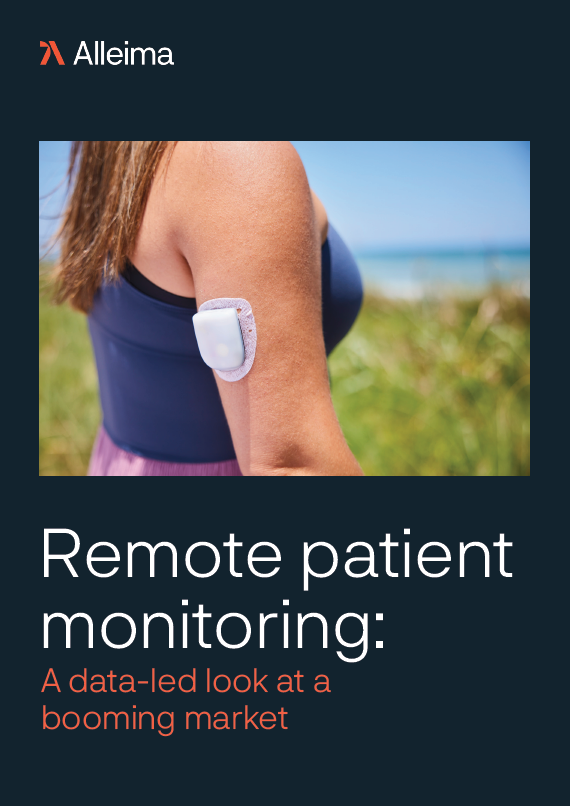
According to the World Health Organization, more than 50 million people worldwide have epilepsy. Treating epilepsy presents several challenges, including the unpredictability of seizures occurring, as well as variability in how the condition manifests in different patients, which often necessitates a trial-and-error process in medication management.
While many patients can manage their condition using antiepileptic drugs (AEDs), these are ineffective for approximately one-third of patients, leaving them with limited options. Such patients may require invasive surgical procedures, such as resective surgery on the brain or neurostimulation therapies, which come with their own risks and complexities.
Surgical interventions also depend on precise identification of the seizure focus within the brain, which can be difficult and sometimes inconclusive.
Many patients face barriers such as geographic location, financial constraints, and limited availability of specialised care, which can delay diagnosis and treatment.
Personalised epilepsy treatment with medical devices
From once relying solely on medications and surgical interventions, patients and healthcare providers now have access to innovative medical devices designed to monitor, predict, and control seizures more effectively.
Devices range from implantable neurostimulators to non-invasive wearable monitors, each offering unique benefits and addressing different aspects of epilepsy management. This progress is not only improving the quality of life for many patients but also opening new avenues for research and treatment.
Demand for medical devices in epilepsy treatment is growing, driven by the need for more precise and personalised treatment options. Devices such as responsive neurostimulation (RNS) and vagus nerve stimulation (VNS) deliver electrical pulses to the brain or nerves to help prevent seizures before they start. These devices have become critical tools for patients to manage epilepsy.
Wearable technology has also made significant progress, with devices such as seizure detection watches and EEG headbands enabling continuous monitoring of patients, providing real-time data that can help predict seizures and alert caregivers. This constant flow of information is invaluable for managing the condition more effectively and safely.
According to GlobalData’s medical pipeline product database, many medical devices in development could be used to treat and manage epilepsy. This includes an implantable device that is intended for the treatment of Dravet syndrome (DS), a severe infantile-onset epilepsy condition. The solution is currently being developed by the University of Washington and is designed to predict, monitor, and disrupt seizure activity. The device works by suppressing bradycardia and maintaining normal heart function during an epileptic seizure through vagus nerve suppression or via a modified cardiac electronic pacemaker.
The impact of such medical devices can be life-changing for people with epilepsy, especially when medication has proven ineffective. Moreover, data collected by these devices is contributing to a better understanding of epilepsy, leading to further innovations and improvements in treatment strategies. This feedback loop of technology and research promises to continue advancing the field, offering hope to the millions of people affected by epilepsy worldwide.
The role of medical wire in epilepsy devices
A critical component of these sophisticated devices is high-quality medical wire. Alleima is a leading manufacturer of precision medical wire, which plays an essential role in the functionality and reliability of these life-saving devices. The company’s expertise in producing high-quality, durable, and highly conductive wires ensures that medical devices can perform accurately and consistently.
Alleima’s medical wire is used in various applications, from electrodes in neurostimulators to the leads in wearable monitors. The company’s commitment to innovation and quality means that the wire can withstand the demanding environments within the human body, providing patients and healthcare providers with the confidence that the devices will function as intended.
The evolution of epilepsy treatment through the introduction of advanced medical devices represents a significant leap forward in managing this complex condition. As demand for these devices continues to rise, the importance of reliable components, such as the medical wire provided by Alleima, becomes even more pronounced.
This combination is transforming the landscape of epilepsy care, offering patients new opportunities for a better quality of life and paving the way for future breakthroughs in neurological health.
For more information about Alleima and its medical wire offering visit the company’s website.



